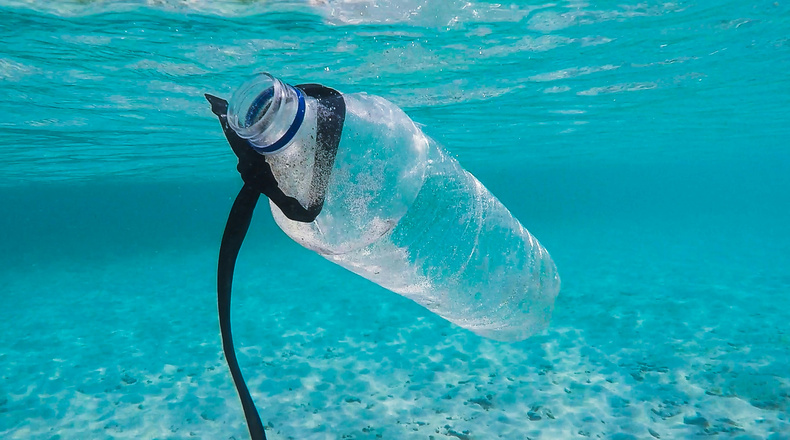World Environment Day 2025: Working together to end plastic pollution

Written by Dean Willshee, managing director of Willshee’s Waste and Recycling
This year’s World Environment Day (June 5) focuses on ending plastic pollution, highlighting the growing urgency to rethink how we produce, use and dispose of plastic.
In the UK, around five million tonnes of plastic waste are discarded every year, with nearly half of it coming from packaging.
Much of this plastic is not biodegradable, meaning it either ends up in landfill, where it will remain for centuries, or litters landscapes and waterways, posing a serious threat to wildlife and ecosystems.
While many households and businesses are committed to recycling, confusion still surrounds what can and can’t be recycled.
Inconsistent rules between local authorities and limited access to recycling services for certain types of plastic mean that a significant portion of recyclable material is still being lost to landfill or illegal dumping.
It’s important to know that most everyday plastics can be recycled under Defra’s new Simpler Recycling legislation, particularly plastic bottles, packaging films, tubs, and trays.
Once correctly sorted, these materials can be processed and returned to a pellet form, ready to be turned into new, usable products.
This is a key element of the circular economy and reducing our reliance on virgin materials.
Waste and recycling centres across the UK play an important role in facilitating this process.
Waste management teams work behind the scenes to collect, grade and sort plastic waste before it reaches recycling plants.
Advanced systems can separate out foreign materials like staples and tape, improving the quality of recycled plastic and ensuring more of it can be reused.
The message this World Environment Day is clear: reducing plastic pollution requires both individual and collective action. Recycling correctly, staying informed about local guidelines, and making use of available recycling infrastructure all contribute to reducing the impact of plastic on our environment.
Whether it’s cutting back on single-use plastics, checking packaging labels for recyclability, or taking steps to ensure waste is disposed of responsibly, everyone has a part to play.
